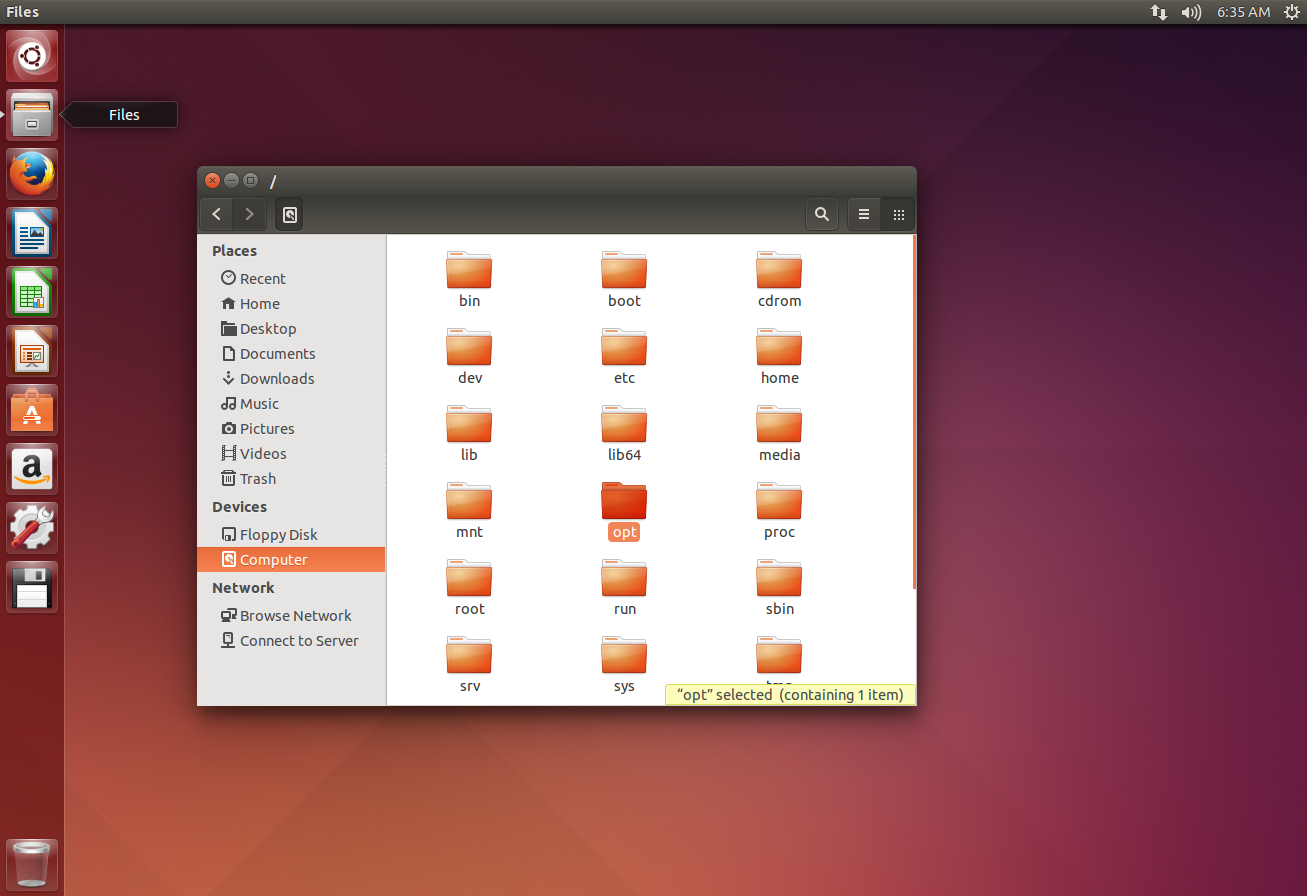

The locate command is one of the handiest commands when you do not remember the location of a file. name "*.png"Įasy regex and a quick find! Finding files with locate command I will do so with the following command: $ find. Let us assume I wish to find all the png files. The -name and -iname options accept regular expression strings as inputs. $ du -sh ~/Downloads/mt_file_1ybi ~/Pictures/you_can-t_see_me ~/.config/nvim/mt_file_wun2 ~/Documents/work/learn-ubuntu/mt_file_2qxurĠ /home/pratham/Pictures/you_can-t_see_meĠ /home/pratham/.config/nvim/mt_file_wun2Ġ /home/pratham/Documents/work/learn-ubuntu/mt_file_2qxur Finding files with a particular extension

This can be confirmed that they are empty using the du command. home/pratham/Documents/work/learn-ubuntu/mt_file_2qxurĪs you can see, the find command listed all matching results. Note that the -name (or -iname) option is not compulsory. To find those empty files, I will use the -empty flag and specify the type to be a file. I made a mistake in my bash script, and now it has created empty files all over my home directory. ) to search only in the current working directory. You may also substitute the tilde symbol ( ~) (for home directory) with the period symbol (. Here's the output: $ find ~ -name headshot.pngĪh! It was in the ~/Pictures/self directory.

To find the photo, I would modify the find command's parameters as follows: find ~ -name headshot.png Let us assume I have a photo named 'headshot.png' located somewhere in my home directory. But, it does not even cover all the available options for the find command!įor better understanding, let us look at a few common examples of the find command. That is quite a list of available options. -writable: Only files that the current user can write to.-readable: Only files that the current user can read.Use c, k, M and G for specifying units in bytes, kibibytes, mebibytes and gibibytes, respectively. Use d, f and l for a directory, file and a symbolic link, respectively. -mmin n: File was last modified n number of minutes ago.-amin n: File was last accessed n number of minutes ago.-iname: Same as -name, but case insensitive.-name: Specify a case-sensitive filename/regex for the file to search for.You can provide multiple options to the find command, so let us look at them. The find command is an amazing command line utility that searches for a given filename/regex pattern in a specified directory. There is more to the find command, so keep reading if you want to know more! find command The 'FILE_NAME' parameter can be replaced by the exact name of a file or by a regex.įor example, if I want to search for a file that is named 'resolution-for-year-2022.txt', only in my home directory, I would issue the following command: find ~ -name resolution-for-year-2022.txt

Replace 'LOCATION' with a directory in which you wish to search. You can use it in its simplest form: find LOCATION -name FILE_NAME The find command is perhaps the most popular and most reliable among the three. fd: find command, but multi-threaded and thus faster.locate: when you don't know where to search.The commands work well in different scenarios. There are several commands for finding files in the terminal. Looking for a specific file in your Ubuntu system?


 0 kommentar(er)
0 kommentar(er)
